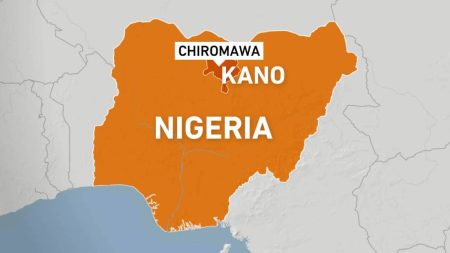Angola’s path to sustainable prosperity hinges on shifting its focus from oil dependency to harnessing the immense potential of its abundant sunshine and fertile land. The nation’s overreliance on oil has created an economy marked by volatility, limited job creation, and a disconnect from local businesses, contributing to high unemployment rates, particularly among youth. This economic imbalance has fueled a mass exodus from rural areas to the capital, Luanda, straining resources and escalating food import costs. The solution lies in revitalizing rural areas by transforming them into hubs of agricultural innovation and economic opportunity, powered by clean energy and fueled by modern, technology-driven farming practices.
Angola’s exceptional solar resources offer a unique opportunity to electrify rural communities and power a modernized agricultural sector. This electrification, coupled with the utilization of the nation’s vast, largely uncultivated arable land, can address domestic food security concerns and pave the way for export-oriented agricultural production. The key to this transformation lies in attracting young people back to rural areas by presenting them with viable economic alternatives to urban migration. This requires a shift away from traditional, labor-intensive agriculture towards a technologically advanced sector that offers skill development, innovation, and promising career paths.
The success stories of other nations offer compelling examples for Angola to emulate. Tanzania’s achievement of food security through rural electrification, youth training, and land distribution initiatives demonstrates the potential of targeted investments. India’s experience with solar-powered irrigation systems showcases the impact of technology in boosting crop yields for smallholder farmers. Vietnam’s success in fostering agricultural growth through sustainable practices and improved supply chains highlights the importance of a comprehensive approach. These examples demonstrate the potential for Angola to not only achieve food security but also become a regional agricultural powerhouse.
To realize this vision, Angola must prioritize investments in solar-powered agriculture. This includes strategically developing infrastructure, starting with power and connectivity, to support rural communities and foster agricultural innovation across the value chain, from production to marketing and logistics. The government’s recognition of agriculture’s importance through its national development plan is a positive step, but more comprehensive action is needed. This includes streamlining business procedures, implementing agile policies, providing training in data-driven and digital agriculture, and developing innovative financing mechanisms tailored to the agricultural sector.
Drawing inspiration from successful models like Nigeria’s NIRSAL program, which leverages guaranteed loans, insurance, and technical support to boost agricultural lending, Angola can create a supportive environment for farmers and agribusinesses. Furthermore, a focus on sustainable agricultural practices, such as soil conservation, hydroponics, drip irrigation, and crop diversification, is crucial to ensure that agricultural development does not come at the expense of the environment. By prioritizing environmentally sound practices, Angola can achieve sustainable and inclusive agricultural growth that preserves its valuable ecosystems.
Angola possesses all the necessary ingredients – abundant sunshine, fertile land, and a young population – to transform its agricultural sector and build a sustainable future. By embracing a forward-looking approach that prioritizes clean energy, modern technology, and sustainable practices, Angola can not only reduce its reliance on food imports and create much-needed jobs but also emerge as a leader in sustainable agriculture in Southern Africa. The time for action is now, and by harnessing the power of its sun and soil, Angola can cultivate lasting prosperity for all its citizens.










